Melon: Gazans' beloved fruit
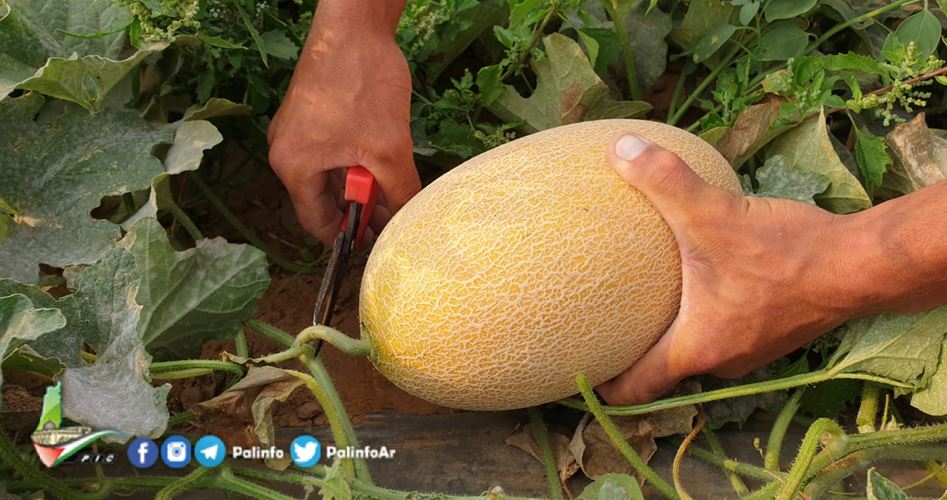
A few meters away from the border fence south of the Gaza Strip, Mohammed and Sami Mu'ammar were busy helping their father in harvesting melon fruits from their farmland located in Sufa between Khan Yunis and Rafah
The Abu Mu'ammar family usually start the melon harvest in the early morning hours to avoid the sun's glare, braving the threat of getting shot by the Israeli forces stationed along the borderline.
The melon growing season, according to the father Issa Abu Mu'ammar, starts in February and ends in June.
One of Gazans' favorite fruits, melon was sold to them at cheap prices this year due to the absence of melon exports as a result of Israel's closure of border crossings in Gaza.
Abu Mu'ammar said that melon harvest this year was very good yet the prices were not suitable, and many farmers suffered heavy losses.
The Palestinian farmer said that the Gaza Strip has the best melon and watermelon fruits, and affirmed that the farmers have expertise that meet international standards.
He called for opening the door for melon exports since the melon produce in the Gaza Strip ensures self-sufficiency.
Abu Mu'ammar said that planting one dunum of land with melon costs farmers 2,000 shekels, but it is sold in the market for one shekel per kilogram.
The Palestinians in the Gaza Strip in this time of the year rush to buy melon fruits for their good quality and amazing taste. They put them in the fridge for hours to get cooled then eat them during warm family gatherings.
Since they are relatively cheap fruits, melon and watermelon can be found in Gazans' homes anytime during the season which runs until the beginning of autumn.
The southern provinces of Khan Yunis and Rafah are the best at growing melon and watermelon with their abundantly available agricultural lands and fresh water, the main reason for the fruits' sweet taste.
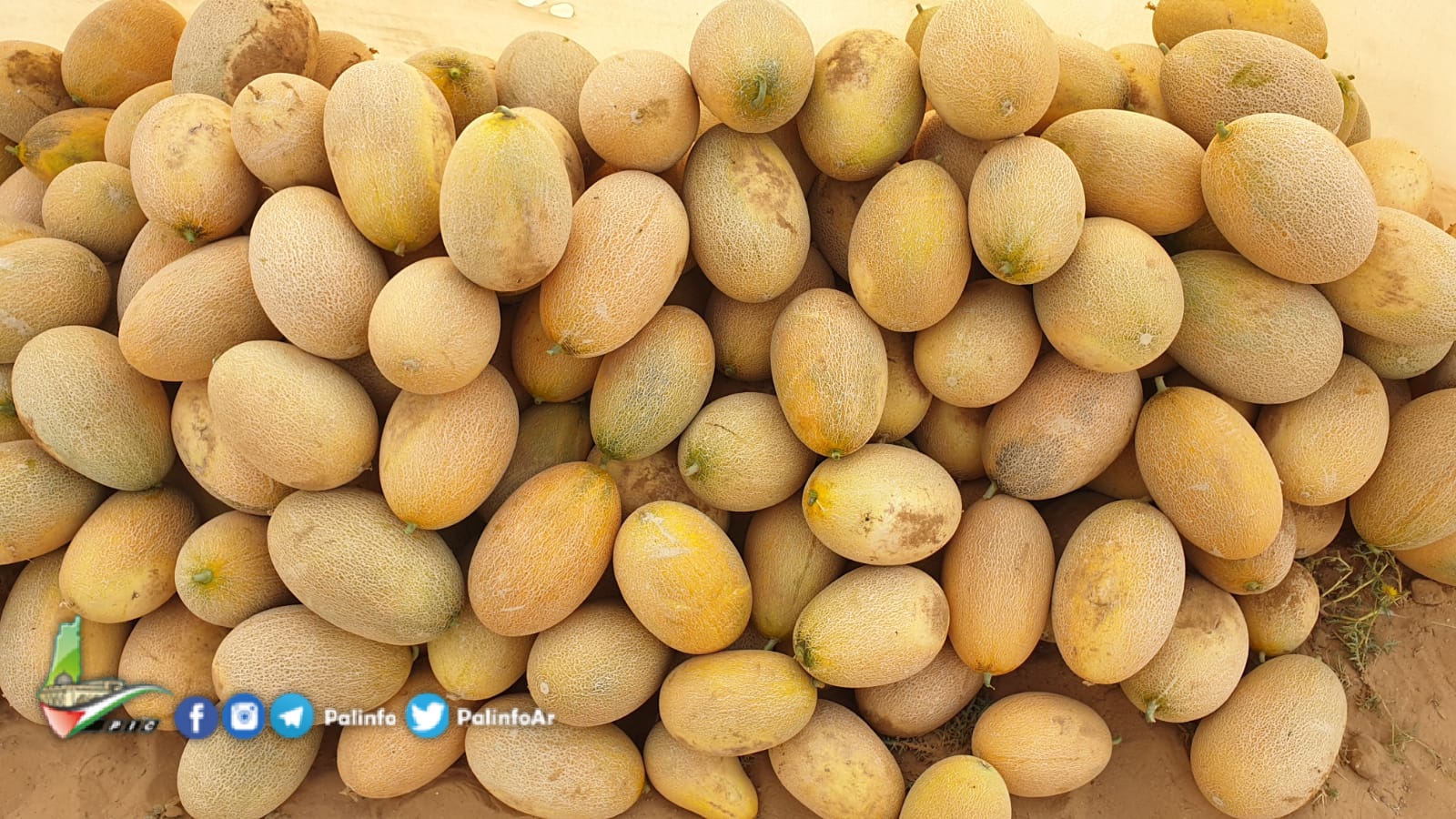
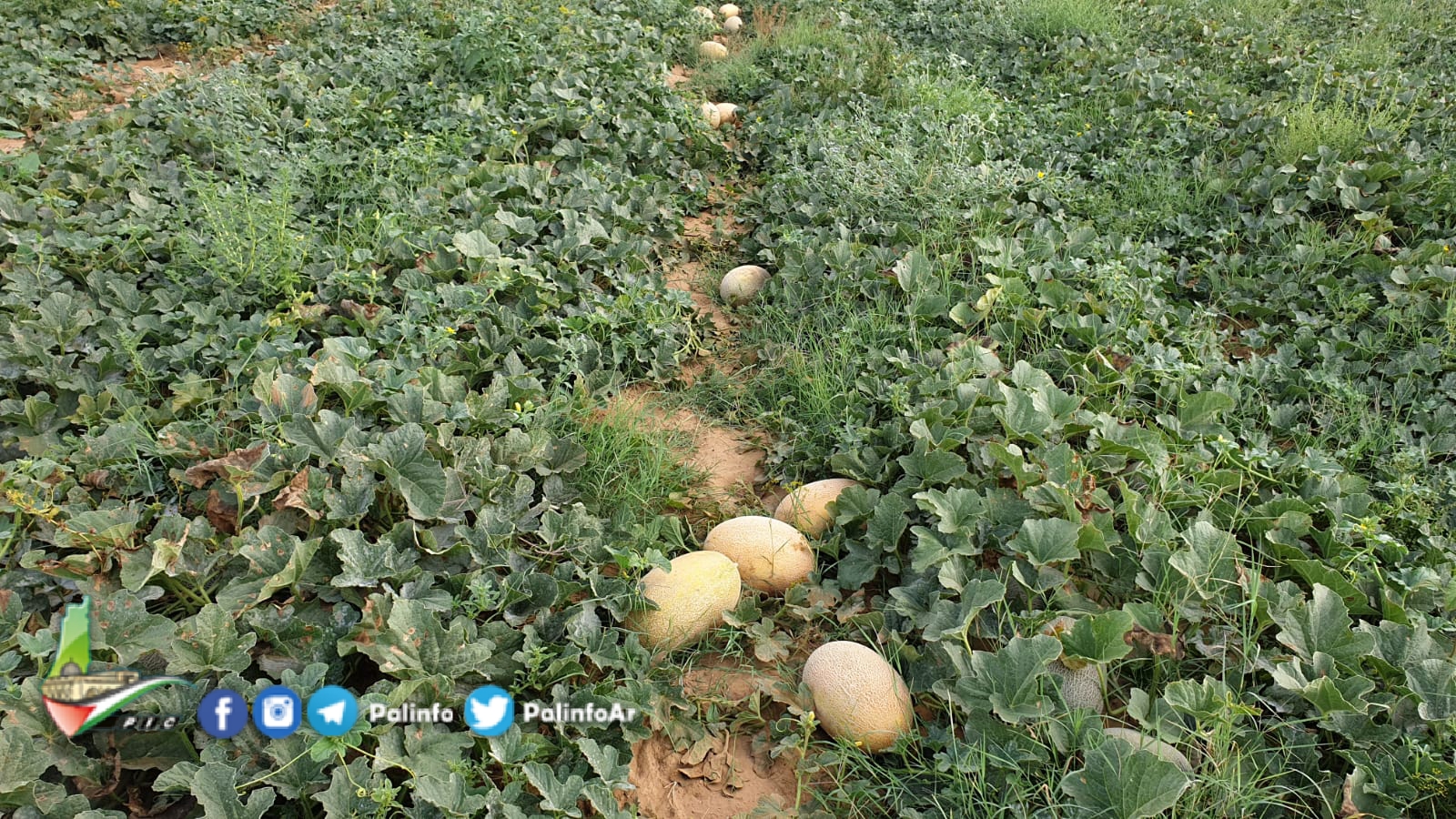
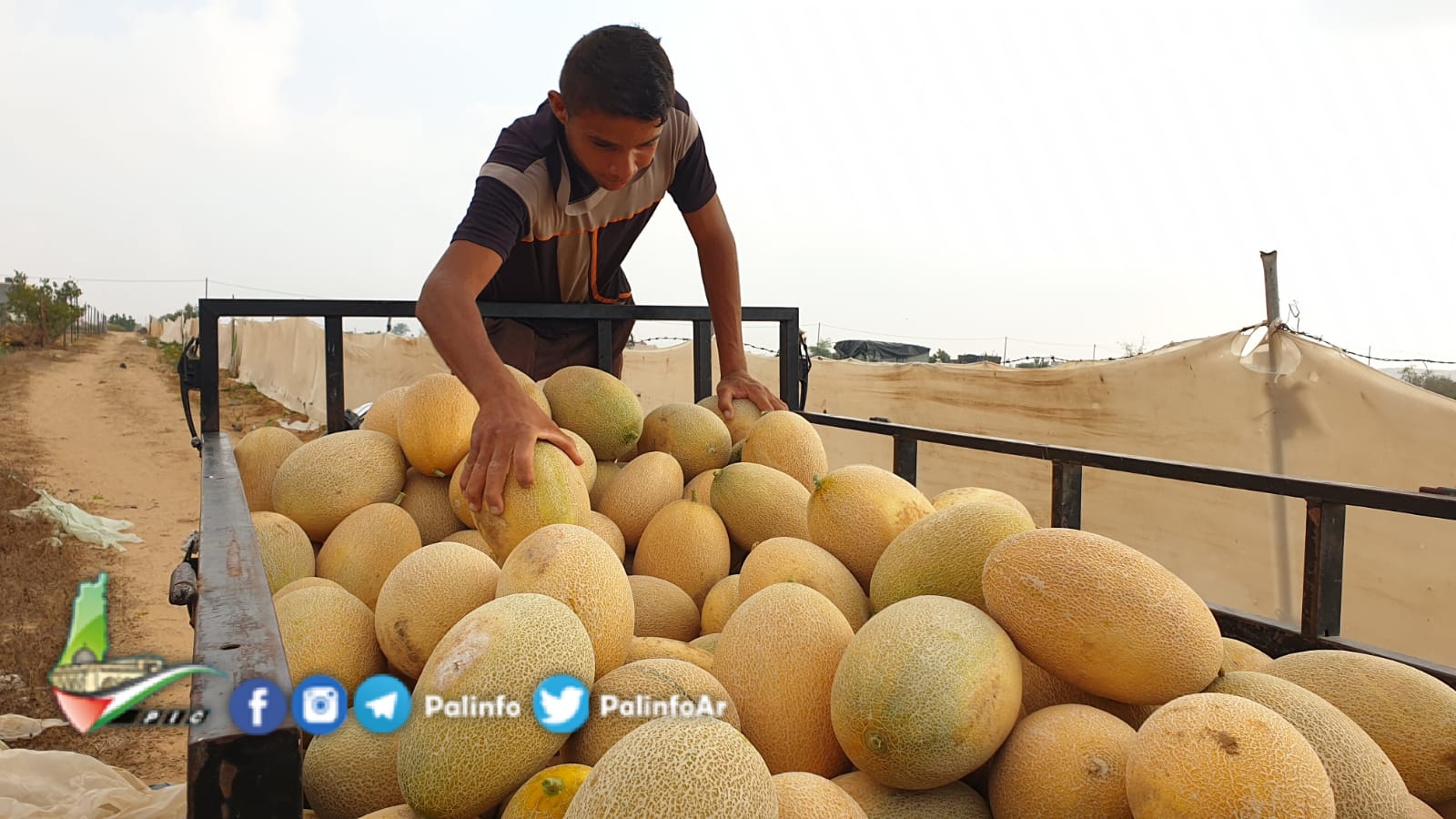
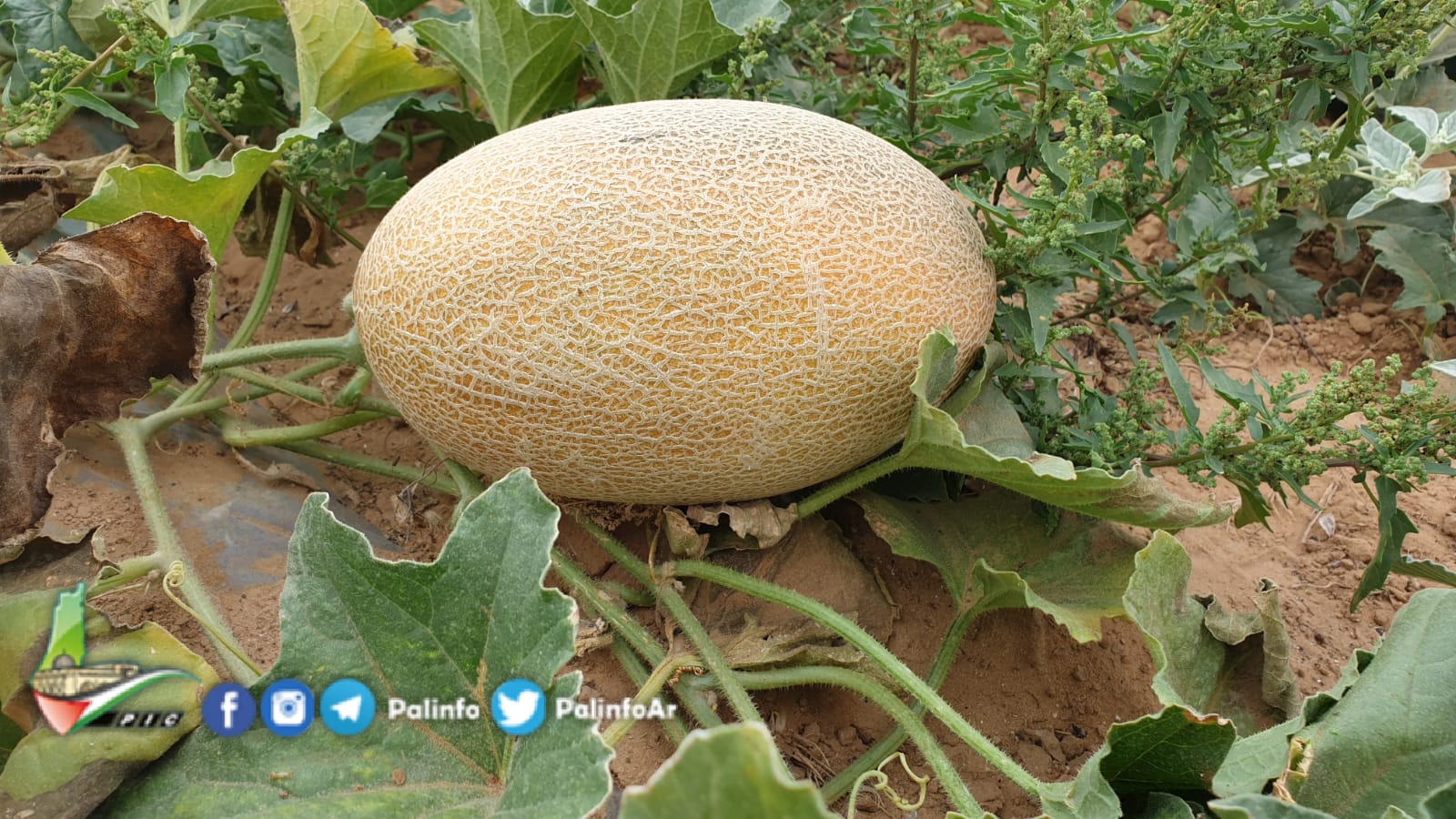
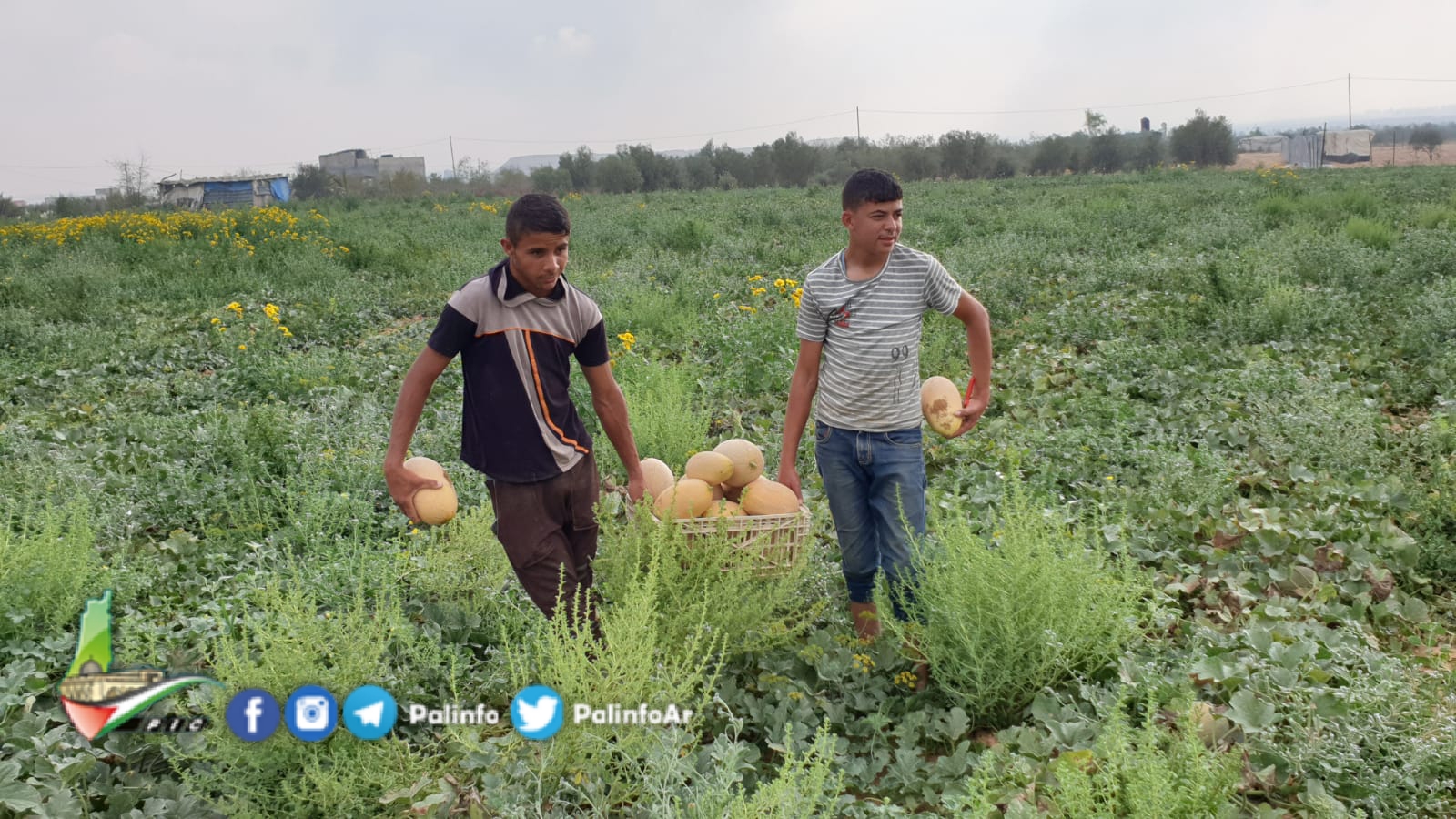

Source: The Palestinian Information Center

WRITE YOUR COMMENT